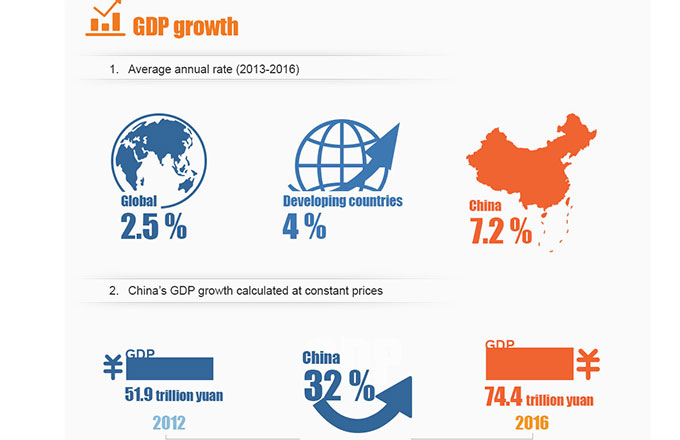Decoding DNA of the CPC
STRICT PARTY GOVERNANCE
"To forge iron, one must be strong oneself." This is the lesson the CPC has taken away from the drastic changes in the former Soviet Union and eastern Europe.
The Party proposed the policy of self-discipline in 1962, and "strict governance" in 1985. In 2014, Xi put forward that comprehensively and strictly governing the Party was a necessity.
The CPC constitution is the basis for intra-Party supervision, and several amendments have been made to ensure that self-discipline and strict governance continue.
In the meantime, regulations and rules were also improved.
For example, the CPC introduced the norms of political life within the Party under the current conditions in November 2016, and amended a regulation on intra-Party supervision.
Since the 18th CPC National Congress, the Political Bureau of the CPC Central Committee has set an example in the Party by implementing the eight-point frugality code.
The strict governance and intra-Party democracy have helped the CPC maintain vitality.
SELECTING THE CAPABLE
The CPC has always regarded selecting and employing the right and capable persons as a key issue in its cause.
Since the 18th CPC National Congress, the Party has deepened reforms on how officials are appointed, making sure that the selection is based on a wider criteria than just an official's votes, scores, age or GDP achievements in his or her region.
Xi said that it is important to recruit Party members from diverse backgrounds in order to better fulfill the Party's tasks.
Xi knows the importance of such diversity, as he has been promoted through the Party from an official in a village of a poverty-stricken area to the general secretary of the CPC Central Committee.
INTERNATIONAL DEVELOPMENT
In January 2017, Xi proposed building "a community of shared future for mankind" in Geneva. One month later, the concept, together with China's Belt and Road Initiative, was incorporated into a UN resolution.
With China's involvement, international governance mechanisms like the SCO (Shanghai Cooperation Organization), the BRICS summit, APEC (Asia-Pacific Economic Cooperation) as well as the G20 summit have become increasingly effective. China's contributions to international governance have won international recognition.
In the 21st century, especially since the financial crisis, some western countries have seen the rise of populism and idealization of isolation from the global stage.
The ruling CPC, however, has sought to engage with rather than withdraw from this world of economic globalization and interconnection. It has been able to simultaneously practice good governance domestically and work towards solutions for international issues.
The CPC, with the socialism with Chinese characteristics it leads, has broadened the space for the modernization of developing countries, and brought Chinese wisdom and Chinese solutions to worldwide problems.





















